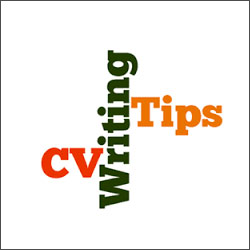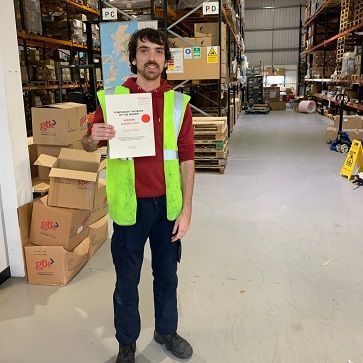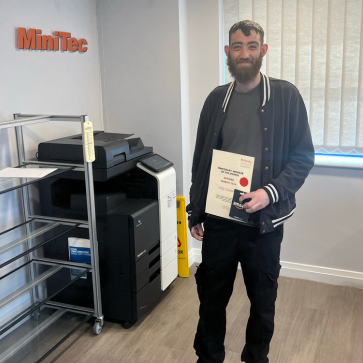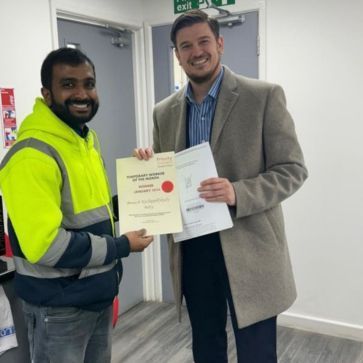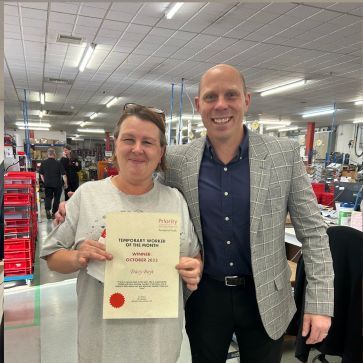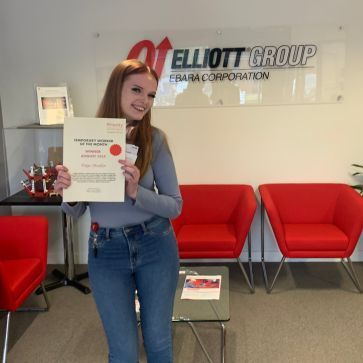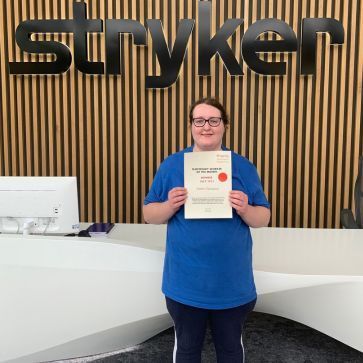DON’T… Hand-write your CV. This looks unprofessional and old fashioned.
DO… Tailor your CV to the job you are applying for. Your CV shouldn’t detail your life story but it should be adjusted to suit the job you’re applying for, focusing on the skills you have that are important for that particular job.
DON’T… Include negative information. Failed exams, divorces, unsuccessful business ventures, driving bans etc don’t need to be mentioned. Don’t lie, but don’t give the interviewer any reason to discard you at this stage either.
DO… Make sure your CV is clear, neat and tidy. Ask someone to check your spelling and grammar (remember your CV is selling YOU, so don’t affect your chances by making careless mistakes). It should be easy to read with space between each section. Don’t include too much information – keep it short and use left-justified text as it’s easiest to read.
DON’T… Make your CV any longer than two pages – you can leave out information that is less important. You don’t need to include referees – just state they are available if required. Don’t go into detail about all of the jobs you have had since school, just the relevant ones. Add information about your most recent qualifications, but summarise the rest.
DO… Place the important information (personal statement and work history) at the beginning and include experience and educational achievements in reverse order. Talk about experiences and interests that might be of use to the employer: IT skills, voluntary work, foreign language competency, driving skills, hobbies and interests that show you’re a team player and have organisation/leadership skills.
DON’T… Don’t bother with the list of schools you went to with results unless you are new to the job market. Also, don’t include a long list of hobbies, or an overly-detailed work history. Think about demonstrating what you have achieved by applying the skills you have worked at, and explain the benefits your clients have enjoyed as a result of your work.
DO… Use positive and friendly language. Describe your work achievements use words such as ‘launched’, ‘managed’, ‘co-ordinated’, ‘motivated’, ‘supervised’ and ‘achieved’. Include specific outcomes to prove your claims. For example, ‘This reduced the development time from 7 to 3 days’ or ‘This improved the company’s internal structure, and enabled us to reduce overheads from £35,000 to £23,000 per year’.
DON’T… Use jargon, acronyms, technical terms and internal phrases unless essential. And of course, be truthful – employers have ways of checking what you claim is accurate.
DO … Ensure that the relevant information on your CV matches your LinkedIn profile as many employers will check this.
Once you’re happy with it, send it over to us to have a look at – we may have the perfect job for you! Click here to send us your CV.


